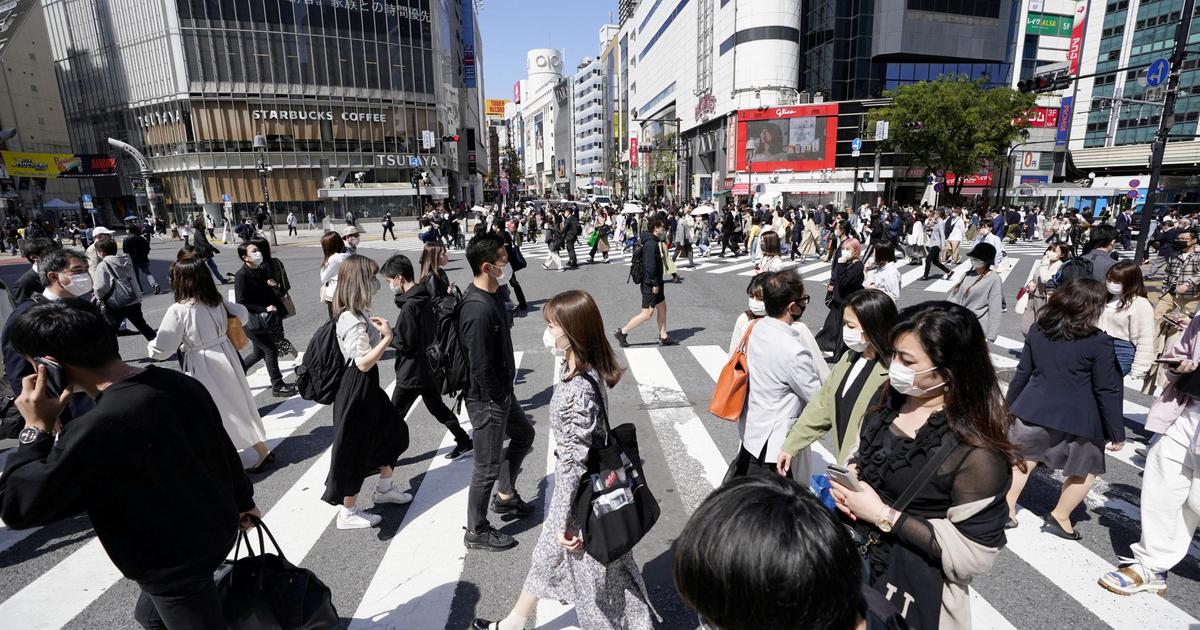By Erika Edwards - NBC News
The number of very sick children admitted to New Orleans Children's Hospital with COVID-19 has skyrocketed in the past two weeks - from zero to 20.
"I've never seen anything like it,"
said Dr. Mark Kline, the hospital's chief physician.
"We're seeing kids get sick that we just didn't see in the first year of the pandemic, before the delta variant hit
,
" he
added.
Doctors at the Arnold Palmer Hospital for Infectious Diseases of Children at Orlando Health in Florida have recently seen similar increases.
"In the last two weeks, cases have continued to increase,"
said Dr. Federico Laham, the hospital's medical director.
"I don't think we have reached our peak," he added.
Despite the significant increase in cases, Laham and other pediatric infectious disease experts across the country assured NBC News that
there is still no strong evidence that the delta variant has made the virus more dangerous for children.
"
It's too early
to tell," said Dr. Bernhard Wiedermann, an infectious disease specialist at National Children's Hospital in Washington, DC. , more virulent in children than previous versions of the virus.
The Centers for Disease Control and Prevention (CDC) is working to determine whether the delta variant can, in fact, cause more serious illness in children, said Dr. Rochelle Walensky, director of the CDC, during a briefing on Thursday.
Moderna prepares a third dose of its vaccine against COVID-19 to combat the delta variant
Aug. 6, 202100: 25
Walensky added that such an investigation is complicated by the combination of the increase in cases and the relaxation of restrictions on the use of the mask and social distancing.
"The mitigation strategies that were used last summer, even in winter, have not been used in many of these areas where we are having rallies right now," Walenksy said.
Delta is a doctor's "worst nightmare"
What is obvious now, experts say, is that the increases in pediatric cases of COVID-19 are due to
the variant's “hypertranmissibility”,
which circulates in a population that was left unvaccinated and therefore vulnerable. to the virus.
"If more children are getting sick, it's because there are more children getting sick," said Dr. Paul Offit, a vaccine researcher at Children's Hospital of Philadelphia.
"It is clearly an increase in contagion, not an increase in virulence," he
said.
Children have been susceptible to COVID-19 all along.
More than 4.1 million children have been diagnosed with the disease
since the beginning of the pandemic, representing 14.3% of all cases, according to the latest data from the American Academy of Pediatrics.
[What some of the best pediatricians recommend regarding the delta variant and children]
Between July 15 and 29, that percentage increased to 19% of the cases reported weekly.
"Over the course of the first year of this pandemic, there was a myth that children never got very sick from COVID-19," Kline said.
This was mainly because the number of pediatric cases was relatively low.
Since the delta variant is so contagious, he added, the increase in cases clearly shows the potential of the virus, even in young and otherwise healthy children.
"This delta variant is an infectious disease specialist's worst nightmare
," Kline said.
The increase in pediatric cases of coronavirus comes at a time when young people are preparing to return to face-to-face classes, and in many areas, without the added protection of masks.
In addition, children's hospitals have also been flooded with children sick with other respiratory viruses, such as severe colds, coughs, and respiratory syncytial virus (RSV).
The case of the man who died waiting for attention in Mexico reflects the serious situation due to COVID-19
Aug. 5, 202101: 54
Dr. Evan Anderson, a pediatric infectious disease expert at Children's Healthcare of Atlanta, warned that
the convergence of multiple viruses could overwhelm already overcrowded pediatric hospital wards
.
"Many children's hospitals get quite crowded during the usual winter months with the flu, RSV, and other viral respiratory pathogens," Anderson said.
With an added surge of COVID-19, "there would be great concerns about the capacity of hospitals."
Kline agrees.
"Children don't have many options when it comes to finding care if they have serious illnesses or complex medical conditions," he said.
"COVID-19 is filling beds that could otherwise be occupied by children with other medical problems," he added.
The impact of rising COVID-19 cases, coupled with other viruses, worries pediatricians like Dr. Natasha Burgert, a national spokesperson for the American Academy of Pediatrics and a practicing physician in Overland Park, Kansas.
"We are starting to see children who have both COVID-19 and RSV
and who are not doing well," Burgert said.
"I have no idea what will happen if they have COVID-19 and the flu," he
warned.
The delta variant of COVID-19 advances at a dizzying rate among the unvaccinated
Aug. 3, 202102: 30
While the flu can cause serious illness in children, and even lead to death, Burgert said the potential effects of COVID-19 go "beyond what the flu would do."
"Although COVID-19 has flu-like symptoms, COVID-19 is not the flu," he
said.
Burgert and his colleagues point to the potential for children with COVID-19 to develop
childhood multi-system inflammatory syndrome
(or MIS-C).
This is when children develop dangerous inflammation around the heart and other organs, almost always weeks after the initial infection.
Many times, patients do not know that they have been infected because their symptoms are nonexistent or extremely mild.
When a child is diagnosed with the flu, they clearly have symptoms, and doctors know to watch out for complications.
The potential for COVID-19 to give rise to MIS-C is different, because it blinds doctors and their young patients.
"It could be a child who seems totally fine and is in ICU three weeks later with organ failure,"
said Cincinnati pediatrician Dr. Nicole Baldwin.
Laham, in Orlando, is preparing for these cases.
"Once there is a wave of COVID-19 in the community, we know that three or four weeks later, we start to see children arriving at the hospital presenting MIS-C," he noted.












/cloudfront-eu-central-1.images.arcpublishing.com/prisa/KMEYMJKESBAZBE4MRBAM4TGHIQ.jpg)


